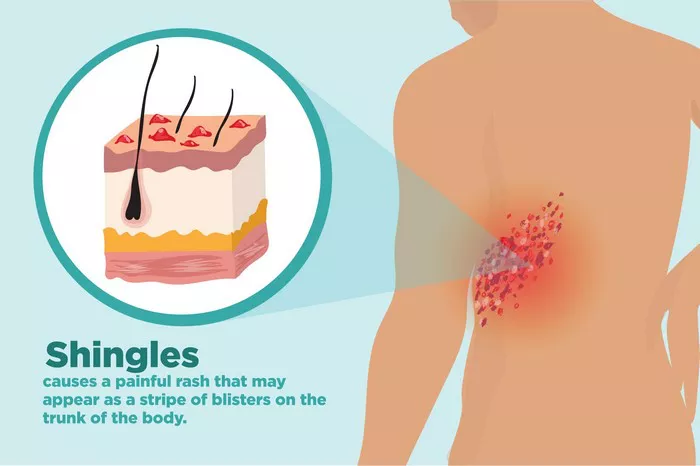Persistent finger itching that worsens with scratching can stem from various dermatological conditions including contact dermatitis, dyshidrotic eczema, fungal infections, neurodermatitis, or eczema. Medical experts identify common aggravating factors such as chemical irritants, excessive perspiration, and compromised skin barriers.
Five Potential Causes of Itchy Fingers
1. Contact Dermatitis: The Allergic Response
Exposure to allergens like detergents, metals, or plant sap can trigger redness, raised bumps, and intense itching. Scratching exacerbates the condition by damaging protective skin layers and increasing histamine release. Immediate rinsing with clean water followed by calamine application is recommended, along with strict allergen avoidance.
2. Dyshidrotic Eczema: The Sweat Connection
Characterized by deep-seated blisters during periods of excessive hand sweating or emotional stress, this condition causes severe itching. Medical professionals warn that scratching may lead to secondary infections. Treatment options include moisture control, short-term use of topical steroids like mometasone furoate, and oral antihistamines for severe cases.
3. Fungal Infections: The Nighttime Itch
Dermatophyte infections between fingers or around nails manifest through peeling skin, redness, and circular lesions with particularly intense nocturnal itching. Scratching risks spreading the infection. Diagnosis requires microscopic fungal examination, with treatment involving topical antifungals like bifonazole or terbinafine for 2-4 weeks.
4. Neurodermatitis: The Stress Factor
Chronic anxiety can lead to thickened skin and paroxysmal itching that creates a self-perpetuating itch-scratch cycle. Clinicians recommend cold compresses for immediate relief and potent topical treatments like clobetasol propionate urea cream, with potential referral for psychological support in persistent cases.
5. Eczema: The Genetic Component
Resulting from inherited or immune-related factors, eczema presents with dry, cracked skin prone to weeping. Aggressive scratching worsens inflammation and fluid discharge. Management requires long-term moisturizing regimens using urea or ceramide-based products, with halometasone cream for flare-ups and avoidance of hot water exposure.
Preventive Measures and When to Seek Help
Dermatologists emphasize protective strategies including minimizing contact with irritants, immediate moisturizing after handwashing, and wearing breathable cotton gloves. Persistent symptoms beyond two weeks or signs of pus formation warrant medical evaluation. Maintaining regular sleep patterns and ensuring adequate intake of skin-repairing nutrients like vitamins A and E may help manage neurogenic itching.
Related topics:



























